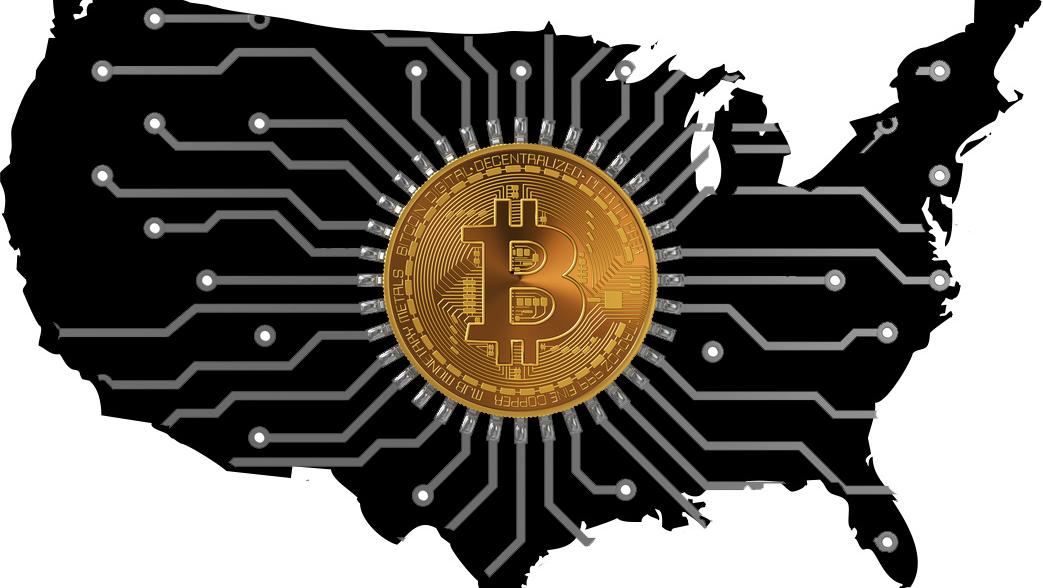PALO ALTO, Calif. (Reuters) - The Federal Reserve is taking a look at a broad variety of concerns around digital payments and currencies, consisting of policy, design and legal factors to consider around potentially releasing its own digital currency, Governor Lael Brainard stated on Wednesday. Brainard's remarks recommend more openness to the possibility of a Fed-issued digital coin than in the past." By changing payments, digitalization has the potential to provide higher worth and benefit at lower expense," Brainard said at a conference on payments at the Stanford Graduate School of Business.
Main banks internationally are discussing how to manage digital financing technology and the distributed journal systems utilized by bitcoin, which assures near-instantaneous payment at possibly low cost. The Fed is establishing its own day-and-night real-time payments and settlement service and is currently reviewing 200 comment letters submitted late in 2015 about the proposed service's style and scope, Brainard said.

Less than two years ago Brainard informed a conference in San Francisco that there is "no compelling showed requirement" for such a coin. But that was before the scope of Facebook's digital currency ambitions were extensively known. Fed authorities, consisting of Brainard, have Look at more info actually raised issues about consumer securities and data and personal privacy hazards that could be positioned by a currency that could enter usage by the third of the world's population that have Facebook accounts.
" We are collaborating with other main banks as we advance our understanding of reserve bank digital currencies," she said. With more nations looking into issuing their own digital currencies, Brainard stated, that includes to "a set of reasons to also be making sure that we are that frontier of both research and policy advancement." In the United States, Brainard said, issues that need study include whether a digital currency would make the payments system much safer or simpler, and whether it could posture financial stability risks, consisting of the possibility of the fedcoin bank runs if cash can be turned "with a single swipe" into the main bank's digital currency.
To counter the financial damage from America's extraordinary nationwide lockdown, the Federal Reserve has taken unprecedented actions, including flooding the economy with dollars and investing straight in the economy. The majority of these moves got grudging acceptance even from numerous Fed skeptics, as they saw this stimulus as needed and something just the Fed might do.
My brand-new CEI report, "Government-Run Payment Systems Are Unsafe at Any Speed: The Case Against Fedcoin and FedNow," information the dangers of the Fed's existing plans for its FedNow real-time payment system, and proposals for main bank-issued cryptocurrency that have been called Fedcoin or the "digital dollar." In my report, I talk about concerns about personal privacy, information security, currency adjustment, and crowding out private-sector competition and innovation.
Supporters of FedNow and Fedcoin say the federal government needs to produce a system for payments to deposit instantly, rather than motivate such systems in the economic sector by lifting regulatory barriers. But as noted in the paper, the economic sector is supplying a seemingly unlimited supply of payment innovations and digital fedcoins currencies to fix the problemto the degree it is a problemof the time space in between when a payment is sent and when it is gotten in a bank account.
And the examples of private-sector innovation in this location are lots of. The Cleaning House, a bank-held cooperative that has actually been routing interbank payments in numerous forms for more than 150 years, Go to the website has been clearing real-time payments since 2017. By the end of 2018 it was covering 50 percent of the deposit base in the U.S.